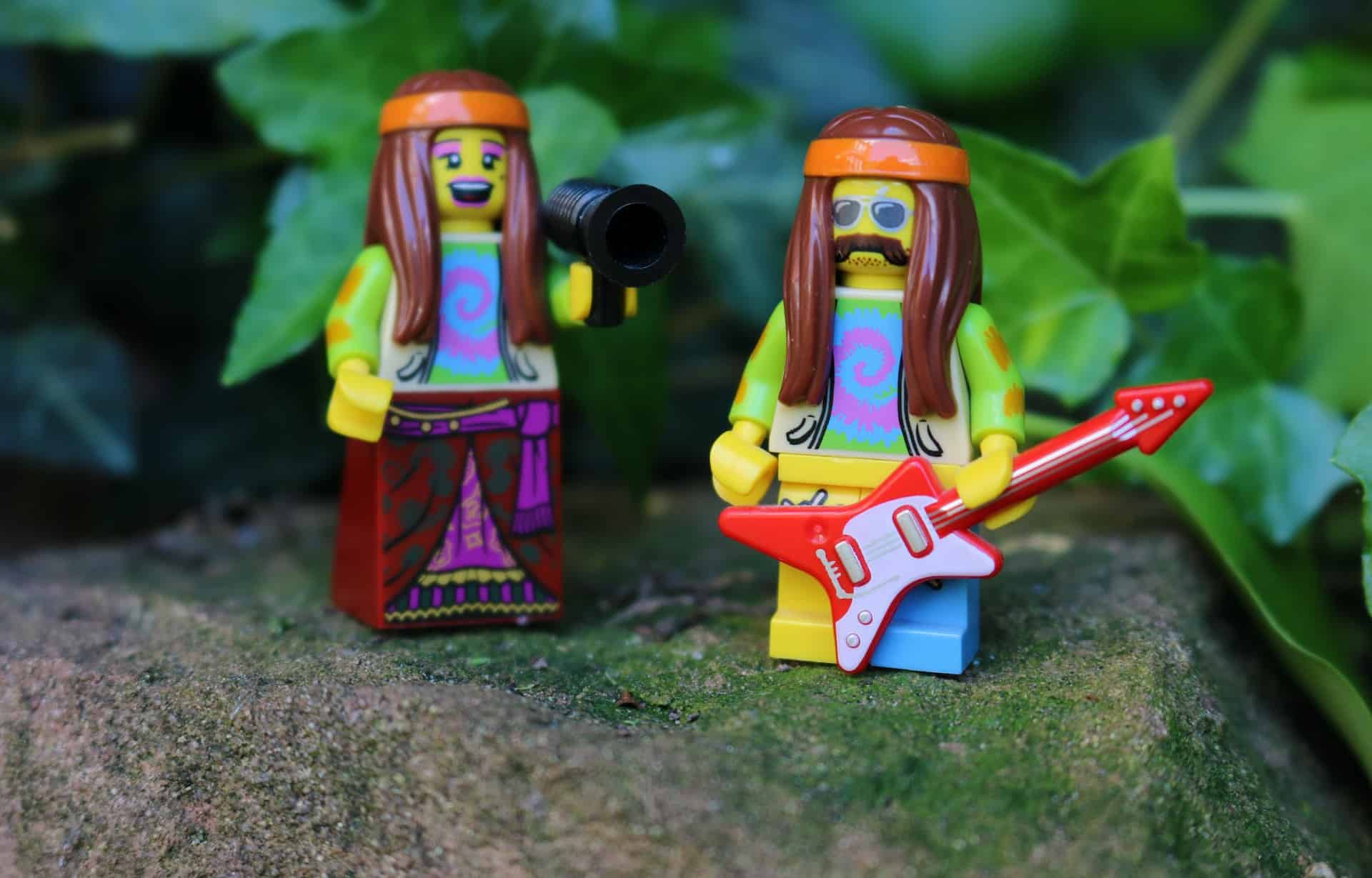Psychedelic research is making a case for the decriminalization of drugs stronger every day. Authorities can no longer deny that substances like psilocybin, the active compound in magic mushrooms, and MDMA or “ecstasy” show impressive results, as evidenced in documentaries like How to Change Your Mind.
Psychedelics can treat depression, PTSD, chronic pain, end-of-life anxiety, and many other health issues. As science rolls in and industry invests, it’s becoming harder to justify psychedelics’ illegal status.
Around the world, many are questioning old narratives about drug prohibition because the “War on Drugs” cannot be won. Data doesn’t support policies that penalize people for drug possession. The poster child of decriminalization, Portugal decriminalised all drugs and achieved impressive results like lower crime rates and drug-related deaths.
What is Drug Decriminalisation?
Decriminalization removes legal penalties for possessing, using, and sometimes cultivating certain substances. Typically small amounts of decriminalized substances are legal, but larger quantities are not.
One of the focuses of decriminalization is on “harm reduction.” This means helping, rather than prosecuting, drug users and treating drug use as a social and health issue rather than a criminal offense. Decriminalization campaigns, like the ongoing effort in Portugal, redirect resources from the Drug War to education about safe substance use. For example, psychedelic harm reduction can focus on the importance of set and setting or gaining access to drug-testing facilities.
Decriminalization vs. Legalisation of Psychedelics
Decriminalization is different from legalizing drugs. Decriminalization only removes criminal consequences from drug use but doesn’t allow the sale or production of controlled substances, although in some cases, the cultivation of plants and fungi is permitted.
For example, Oakland, California, decriminalised “entheogenic plants and fungi.” “Entheogens” are psychedelic compounds used for spiritual and healing purposes and be not addictive. In Oakland, the law allows for the personal cultivation of certain amounts of these plants for religious use.
Legalization, however, makes a substance legal. While there might be restrictions, like age, placed on compounds, legal markets allow for the sale, distribution, marketing, and often unsupervised use of substances. Oregon has recently legalised psilocybin mushrooms and plans to create a legal industry of licensed growers, clinics, and retreat centers.
While both models have their benefits, decriminalizing drugs is often promoted as a policy change that can have a big impact in the short term. Creating government-regulated legal frameworks for sales, licensing, distribution, potency, packaging, etc., are intimidating challenge. While many are optimistic about legalization on the horizon, decriminalization is an important step toward helping people today.
Decriminalization of Psychedelics for the Mental Health Crisis
Once you start reading about psychedelics, it becomes clear why something like magic mushrooms or ayahuasca has been used for thousands of years because psychedelics can heal people.
Current research into psychedelics shows tremendous promise. For example, studies seeking to understand how MDMA can help treat veterans with PTSD have shown remarkable results, with up to 88% of study participants seeing a reduction in symptoms and 67% no longer meeting the diagnosis for PTSD.
Psilocybin, too, has been shown to give people “mystical experiences,” and what we used to dismiss as “trippy” is now shown to have real, long last benefits. The psilocybin trials also have beaten back depression for many people, with results lasting over a year after only a few treatments supported by therapy.
It’s Time to Talk About Psychedelic Decriminalisation
The decriminalization of psychedelics has the potential to change not only mental health but would allow research into understanding how our minds work. The people of the world have a unique opportunity in front of them, but what is required is an honest look at substances like psilocybin and MDMA as medicines, not dangerous drugs.
Make no mistake, psychedelics must be used responsibly, and more research and widespread education about them are essential. And decriminalization is the first step.
Author: Matei Olaru, CEO, Frshminds.com

